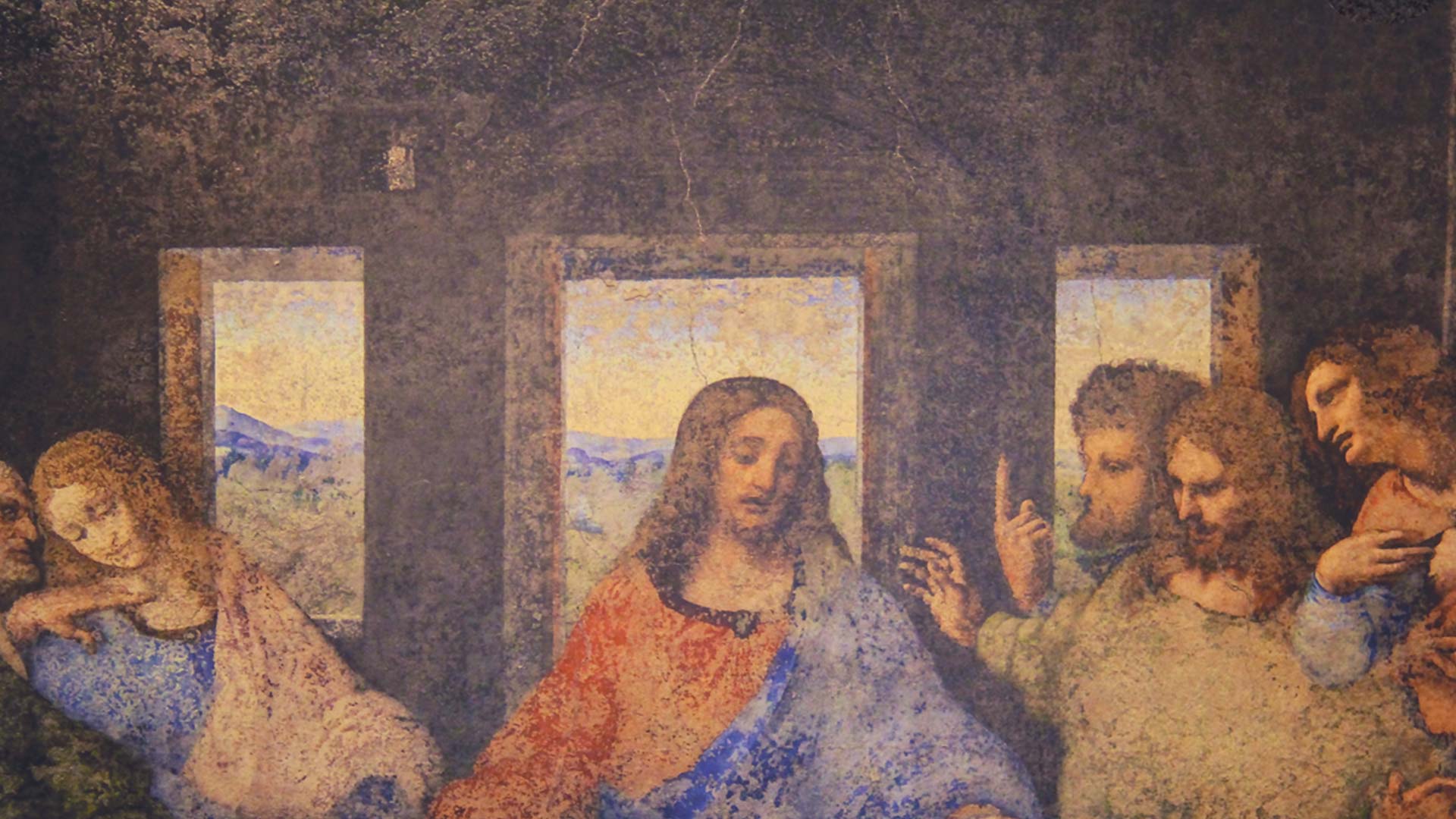
Meaning of the Feasts
The Fall Feasts and The Future Hope of Israel and The Nations
While it is fascinating and profound that Jesus’ death and resurrection parallel the spring feasts, the question that must be asked is, “What does all of this mean?”. If the end of Jesus’ ministry on earth parallels the redemptive story of the Passover, and if these events unfolded in Israel before Jewish eyes on Jewish feasts, then certainly the God of Israel is speaking to his chosen people! To better grapple with the true identity of Jesus, one must first hear the full message concerning him, as it is completed in the fall feasts.

(Lev 23:24) Rosh Hashanah, known biblically as Yom T’ruah (Day of Trumpets), is the first of ten days of the blowing of trumpets. What does the trumpet (shofar) blast mean? In biblical times the shofar was blown on Yom T’ruah to remember God as King and to commence the season of repentance known today as the Days of Awe. From days of old, the shofar blast has provoked a sense of awe and trembling concerning God’s authority and power to judge. Today the Jewish people observe Rosh Hashanah and the subsequent Days of Awe by taking inventory of their lives and repenting of their misdeeds in order to obtain a favorable judgment from God. This is all a rehearsal or narration for a future Rosh Hashanah when heavenly trumpet blasts will usher in national repentance for Israel, and the coronation of Jesus her King. On that day he will grant a merciful salvation to those who have diverted judgment by repenting and trusting in him.

Yom Kippur (Lev 23:28) is the holiest day of the year in Jewish tradition. It is the day when the High Priest entered behind the veil into the holy of holies, to apply the blood of both a bull and goat to the mercy seat. This high priestly ministry made atonement for the sins of national Israel. Today, Jewish people around the world observe Yom Kippur through fasting and prayers of repentance, in hopes that their prayers will cause God to be merciful toward them.
Having made atonement for the sins of Israel through the presentation of his own body as an atoning sacrifice, Jesus now sits in Heaven at God’s right hand as both the Yom Kippur sacrifice and High Priest. The observance of this special day looks to the future when Jesus will return to deal with national Israel’s sins once and for all. In that day, Israel’s cries for mercy and salvation will usher in the blessed Messianic Age.

Succoth (Lev 23:42) is a time of great celebration and rejoicing, it has been referred to as “The Season of Our Joy”. On Succoth, God’s provision is remembered as the sojourning Israelites dwelled in sukkahs and relied upon God to sustain them along their journey to the Promised Land. Succoth is a rehearsal for the time when God will fulfill His promise to the Jewish people to dwell with them in the Promised Land forever. The prophet Jeremiah tells us that when Israel dwells with the Lord in the land, they will do so under a New Covenant, enjoying abundance, and dwelling in perpetual safety. Succoth looks forward to the day when the dwelling place of God will come down to be with men. He will be their God, and they will be His people. Tracking with the chronology of the fall feasts and taking into consideration a wide view of the New Testament scriptures, we see that at his return, Jesus will secure Israel’s full salvation, usher in the Messianic Age, and will lead Israel and the nations as God’s chosen Messiah.
What does all of this mean?
To review, we know that the spring feasts contain this message:
The Lamb died, was buried, and raised as a firstfruits offering to God, to gather His people into His family.
When Jesus first came nearly 2000 years ago, only some of the Jewish people recognized him for who he truly was. However, there is a time to come when the Jewish people will joyfully welcome Jesus as their long-awaited Messiah with shouts of “Blessed is he who comes in the name of the Lord (Baruch haba beshem Adonai)!”. They will be His people, and He their God! This will happen when Jesus fulfills fall feasts. The message contained therein completes God’s special message to the Jewish people:
That whoever repents, will have atonement, and will live with the Lord forever.
This message is what many of Jesus’ followers refer to as the gospel – or good news. It is exceedingly good news that the King has been revealed, redemption secured, and that salvation approaches with much-anticipated fullness for Israel and the nations!

